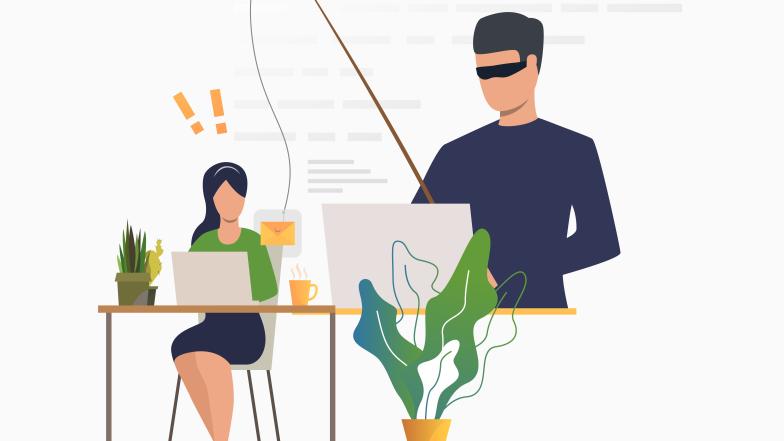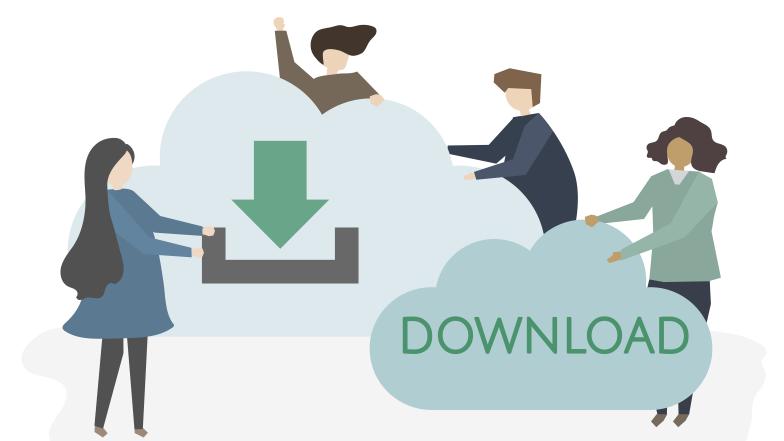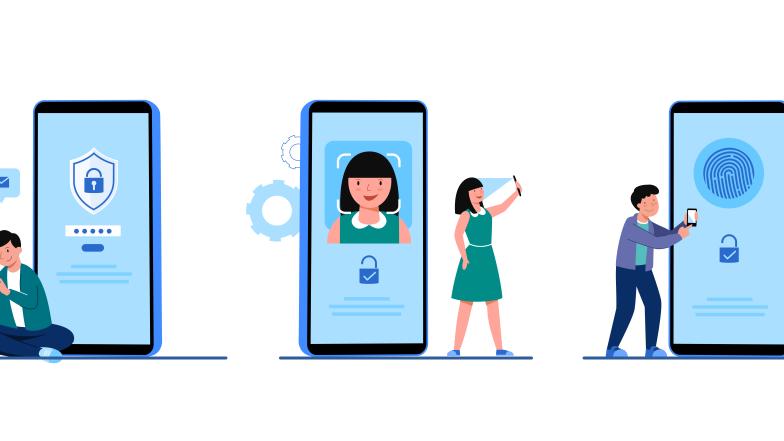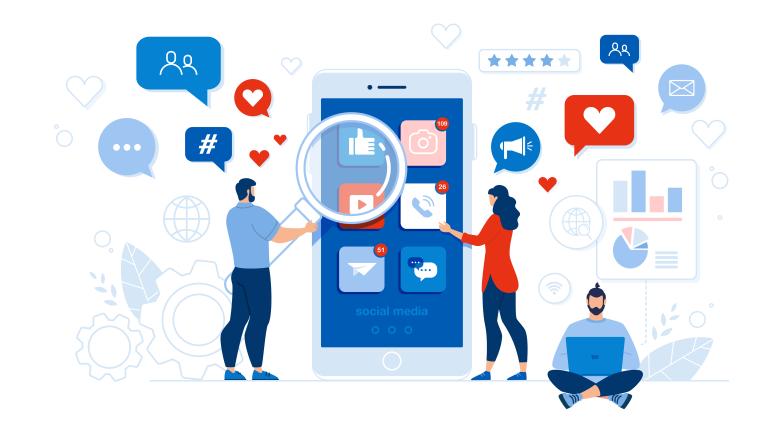Every year, we share how many cyberattacks have taken place globally and provide tips on how you can avoid becoming the next victim.
This year, we’re taking a different approach. We’re challenging you to become a digital citizen so that, together, we can change the way the UCT community handles any cyberattack that comes our way.
What is a digital citizen?
We all use technology and the internet daily – whether on our laptops, computers, or even our mobile devices. We use the internet to conduct research, source information, manage work and class tasks, communicate, collaborate, and stay connected with contacts near and far.
As digital citizens, we’re agreeing to take responsibility for our actions and ensure that each of us uses technology in a safe, responsible, and appropriate manner.
Become a digital citizen
There is so much information out there, but we all need to respect the policies that are in place so that we don’t contravene any laws and get ourselves or the university in any trouble. Here are some of the ways we can improve the way we engage with technology.
- Never harass or bully people. Treat others as you would like to be treated.
- Be considerate about what you post. You wouldn’t want it to offend anyone or come back to haunt you later.
- Be careful about what you share. Some information may be fake or half-truths. First check if the information that you’re about to share is credible instead of contributing to the spread of inaccurate information.
- Don’t overshare your news. We all have exciting stories to share, but do you really want the whole world to know about it? You may think your personal story will only be viewed by a small group. The fact is that it can be shared with your contacts’ contacts and even screenshotted and posted on public platforms for all to see. So, whether on social media or an instant message, be cautious about what you share.
- Be careful about what personal information you share online. Do not share information that could be valuable to cybercriminals. You never know where they are lurking.
- Avoid downloading illegal content. You never know what malicious software or viruses could be attached to files you download.
- Respect copyright.
- Buying or selling online? Make sure that you’re aware of the risks in these activities and that you always take the safest option.
- Protect your device by installing an anti-virus application, keeping your operating system and applications up-to-date, and deleting applications that you no longer need.
There is no wishing away of phishing
|
Beware of what you download
|
Check what information you're sharing
|
Your digital breadcrumbs
|
|
Social media safety 
|
